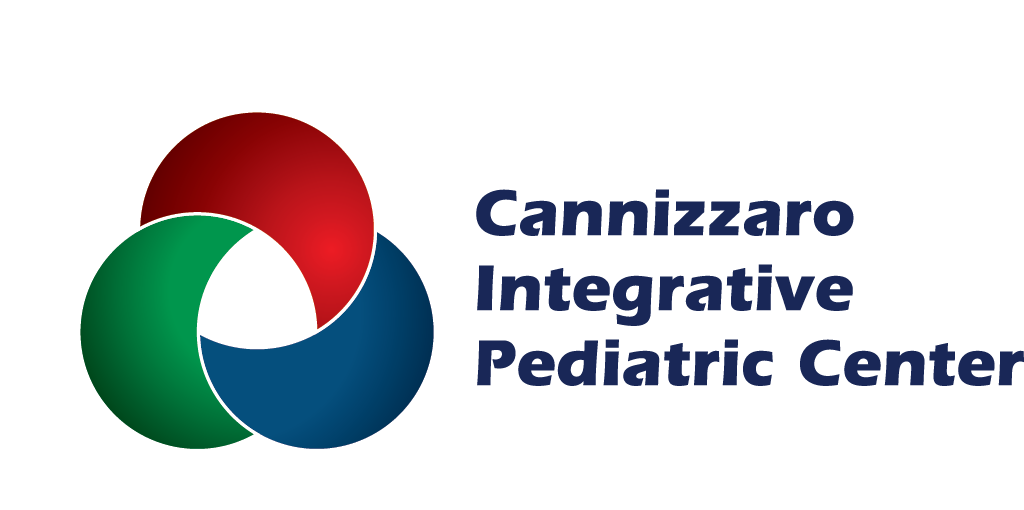
A unique source of parenting tips can be found from an ancient Traditional Chinese Medicine (TCM) system called “The Five Elements.” Recognizing the personality types derived from this ancient system can help parents create a smoother, more fun family dynamic.
Chinese Medicine practitioners refer to five primal forces or archetypes in nature: metal, wood, fire, water and earth. These archetypes and their characteristics are applied in many areas. For example, individual organs exhibit certain characteristics and are treated with complementary therapies. The liver is associated with the wood archetype, which is characterized by growth, springtime and physical exercise. A remedy for a liver ailment would be chosen based on its own innate characteristics and how it interacts with the liver in order to restore balance.
The Five Elements system can also describe the characteristics and personality traits of people and give insights into their preferences and behaviors. It helps determine what a person’s strengths or deficiencies might be—similar to the Myers-Briggs Type Indicator or other psychological assessments used in businesses and organizations. The Five Elements system is just much older!
A Summary of The Five Personality Types
The Five Elements yield five personality types. We all embody bits of each of the five personality types, but at our core, one archetype tends to stand out. Individuals can develop their least-dominant traits, which helps them to become more well-rounded. In some people—even in kids—a dominant type maybe not be clear at first, but once you get to know them, it’s evident what makes them tick!
Here are some (very short) summaries of each personality type or archetype, according to the Five Elements:
- Metal: These personalities are gratified by information and understanding how things work.
- Wood: It’s all about physical activity. Running, playing and being active.
- Fire: Having fun is their key defining characteristic!
- Water: Deep and centered, water types think more deeply than others. They may be in their head and daydream a lot. They’re very artistic.
- Earth: Driven by personal relationships, they’re thrown off if their relationships are not positive.
One Key Area Parents Often Overlook
Many times, when parents take their kids to counseling or therapy, they immediately point out everything that is not going well with their children—their deficiencies. What parents may not notice (at first) is that their children simply are not living up to their own expectations about success, achievement or balance. Parents tend to look at the world through the lenses of their own personality types!
Instead of saying children are “too much of this” or “too little of that,” it’s more effective to look at where children really are—their personalities, viewpoints, interests and what they may visualize as success for themselves. In other words, get to the bottom of what a child likes to do and his or her feelings about different aspects of life. Of course, parents should encourage children to shore up weaknesses, but in a kinder, more realistic way.
Strengths Versus Weaknesses
You may be aware of a popular business management book, “Now, Discover Your Strengths,” which espouses a similar philosophy. Why focus on improving your weaknesses when you can use your strengths more easily to get farther in life? This doesn’t mean you don’t try to improve. It does mean you can use your innate strengths and more easily achieve forward momentum. That makes more sense than failing to move ahead in life by trying to “fix” your weaknesses!
Not growing outside of your type can have very negative consequences. For example, unrestrained fire types tend to have drug addictions and huge problems with relationships, because fun is what they gravitate towards. So, they make decisions based on, “is it fun or not?” Now that will get you into trouble if you don’t develop some of the other personality traits, because you need to be able to reel yourself in. It may not always be in your best interest to have fun. Another lesson best learned early!
Kids have to be taught to grow and thrive, and to develop characteristics that aren’t natural to them. That’s what makes us functioning adults. It’s not that anything’s wrong with them. They just haven’t learned that yet.
Parenting Tips Using the Five Elements
Once you understand a child’s viewpoint through his personality type, you can more easily provide the kind of communication, encouragement and attention that helps nurture his individual nature and helps him grow and thrive. This allows you to parent successfully without clashing. That is why these parenting tips make sense; different methods are needed per child to get the same result! And the result every parent wants for their child is happiness.
Use Your Child’s Personality Type to His Advantage
For instance, metal children can generally be a little self-righteous and a bit rigid in their mindset. They can have trouble making friends; they may not show that it bothers them, but it does bother them deep down.
Metal kids also are not tremendously athletic, so we mustn’t look for those kids to be star players. This may be hard for a wood-type parent who is naturally athletic. Instead, metal children might best use sports for making friends instead of trying to be something they aren’t.
Look Inward First
Suppose you are the parent of a metal child and you are a fire person who is very open, affectionate and fun-loving. A metal child’s way of opening up may look very cold to you—nothing like your idea of communication or your idea of affection, but it’s still her way of showing it.
Remember, the aim isn’t to try and make her the life of the party (like you might be) because that’s not who she is. You just want her to open up a little bit. It may not look like how you would do it. She might just come into the room with the rest of your family and hang out for a little bit. She may not even talk or hug on you. But knowing her metal personality traits will help you see when she is starting to open up.
Implementing Parenting Tips from the Five Elements
It’s tough at first, since this kind of parenting requires you to put yourself in your child’s shoes and look at how he might be viewing a situation, which may be different than the way you’re viewing it. As you can imagine, there’s a fair bit of “nature versus nurture,” as your kids may take on some of your characteristics (positive and negative).
At first it may seem difficult, but it’s no different than a manager that wants to get the best out her sales team. Any good manager knows that different team members prefer different communication styles because each has different strengths. A manager that yells a lot is probably not going to motivate an earth-type. Besides, we do need to grow outside our own personality type or we’re going to have problems with people in the real world. And kids would benefit to learn that early!
A parent yelling and screaming at an earth kid who is very sweet and kind (and takes it really personally), risks having a resentful child. The key to these parenting tips is to remember that you’re not working with you, you’re working with someone else. Once you recognize you’re headed into your own patterns, you can amend your reactions more quickly. Depending on the age of the child, he may notice that his parent is trying, which goes a long way to mending the family dynamic.
Parenting Tips from a Five Elements Practitioner
A practitioner of the Five Elements will ask a lot of questions about what is going on with your child: what she likes to do, her point of view and why she gets along with her siblings (or not). It’s all based on how she views the world. By talking to both parents and children, practitioners are able to see more clearly into your family’s interactions and present you with some parenting tips for your specific family dynamic.
Of course, there’s always physiological and biochemical aspects to a person’s overall well being. There may be reasons your child is out of balance that have nothing to do with her archetype. It all works together holistically.
Usually, a Chinese Medicine practitioner can work on all aspects of wellbeing as part of the treatment process, which makes things at home that much easier. For example, instead of labeling a child with ADHD, a practitioner may find nutritional deficiencies and issues with undeveloped personality types.
A family can work on having better relationships with some parenting tips from the Five Elements. Studying the five personalities can help family members achieve a new understanding of each other.
Special thanks to Dwight Franklin, DOM for his contribution to this article!
 Dwight Franklin, DOM is a Doctor of Oriental Medicine and owner of Franklin Family Wellness Institute. He is a graduate of the Florida College of Integrative Medicine, where he received a master’s degree in Oriental Medicine and a bachelor’s degree in Health Studies. Over the course of his career, Dwight has worked alongside both pediatricians and psychiatrists in the treatment of ADD / ADHD, Autism, and various other common childhood and mental disorders through the practice of Oriental Medicine, Nutritional and Lifestyle changes, and Craniosacral Therapy. Contact Dr. Dwight at: www.myffwi.com
Dwight Franklin, DOM is a Doctor of Oriental Medicine and owner of Franklin Family Wellness Institute. He is a graduate of the Florida College of Integrative Medicine, where he received a master’s degree in Oriental Medicine and a bachelor’s degree in Health Studies. Over the course of his career, Dwight has worked alongside both pediatricians and psychiatrists in the treatment of ADD / ADHD, Autism, and various other common childhood and mental disorders through the practice of Oriental Medicine, Nutritional and Lifestyle changes, and Craniosacral Therapy. Contact Dr. Dwight at: www.myffwi.com
Additional resources:
“Between Heaven and Earth: A Guide to Chinese Medicine” by Harriet Beinfield and Efrem Korngold
“Fire Child, Water Child: How Understanding the Five Types of ADHD Can Help You Improve Your Child’s Self Esteem” by Stephen Cowan
“Now, Discover Your Strengths” by Marcus Buckingham and Donald O. Clifton, Ph.D.
Image Copyright: 123rf.com/dolgachov





